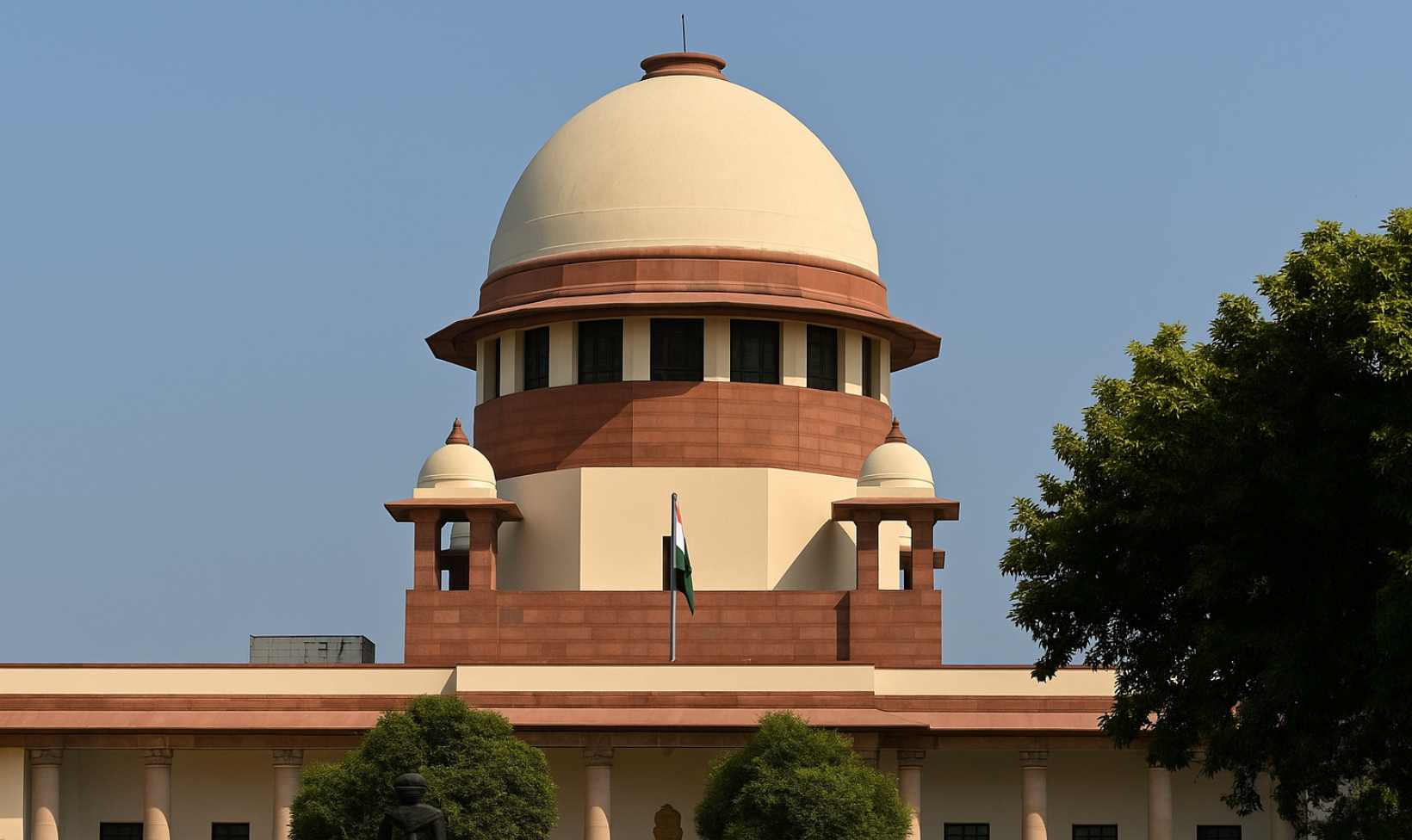New Delhi, October 29, 2025: Today, the Supreme Court of India has categorically held that preference shareholders are not financial creditors under the Insolvency and Bankruptcy Code (IBC) and therefore, cannot initiate corporate insolvency proceedings under Section 7 of the IBC.
Delivering judgment in EPC Constructions India Ltd (in liquidation) vs Matix Fertilizers and Chemicals Ltd, a Bench of Justices JB Pardiwala and KV Viswanathan upheld concurrent findings of the NCLT Kolkata and the NCLAT, ruling that holders of Cumulative Redeemable Preference Shares (CRPS) remain part of a company’s capital structure, not its creditor base.
Preference Shareholders Not Financial Creditors Under IBC
The Court clarified that Section 5(8)(c) of the IBC distinctly enumerates categories such as bonds, debentures, and loan stock as “financial debt”, but omits any reference to preference shares. This omission, according to the Bench, was “deliberate and significant”.
The Bench observed that preference shares represent ownership interest and not a debt obligation. Even after the redemption period lapses, such shareholders cannot claim repayment as creditors.
Quoting from A Ramaiya’s Guide to the Companies Act and the precedent of Lalchand Surana v. Hyderabad Vanaspathy Ltd (AP High Court), the Supreme Court reiterated that preference shareholders are “members of the company” and cannot as a matter of right demand repayment.
“A preference shareholder is only a shareholder and cannot, as a matter of course, claim the rights of a creditor. They cannot sue for the return of capital except during winding up,”
the Bench held.
The Dispute Between EPC and Matix
The case arose from a commercial arrangement where EPC Constructions (formerly Essar Projects India Ltd) entered into a contract with Matix Fertilizers and Chemicals Ltd for constructing a fertilizer complex at Panagarh, West Bengal.
In July 2015, Matix proposed converting part of its dues (up to ₹400 crore) into redeemable preference shares to improve its debt-equity ratio. Following approval, EPC was allotted 8% cumulative redeemable preference shares worth ₹250 crore, redeemable after three years out of profits or fresh share proceeds.
However, upon EPC entering liquidation, its liquidator sought to recover ₹632.71 crore, including ₹310 crore claimed as redemption value of the preference shares.
The NCLT Kolkata rejected the plea in August 2023, ruling that non-redemption of preference shares cannot be treated as a “default” under the IBC since Section 55 of the Companies Act, 2013 permits redemption only from profits or new share proceeds.
In April 2025, the NCLAT affirmed this decision, holding that preference share capital forms part of the company’s capital structure, not its debt. Since Matix had neither generated profits nor raised fresh capital, no redemption liability existed.
Supreme Court Upholds NCLT and NCLAT Findings
The Supreme Court concurred, emphasizing that the accounting treatment of such shares as “financial liabilities” under accounting standards cannot alter their legal character.
“Accounting treatment cannot override statutory interpretation. The IBC defines ‘financial debt’ in clear terms and the nature of preference shares cannot be equated with borrowing,” the Court held.
The Court further underscored that payments on preference shares are not loans or borrowings, but return on share capital, and any dividend paid without profits would amount to illegal return of capital.
Accordingly, EPC’s application under Section 7 of the IBC was declared not maintainable, and the appeal was dismissed without costs.
“Applying the real nature of the transaction, the sole irresistible conclusion is that the appellant, being a preference shareholder, is not a creditor under the IBC,” the Bench concluded.
Case Details
- Case Title: EPC Constructions India Ltd (in liquidation) vs Matix Fertilizers and Chemicals Ltd
- Citation: Supreme Court of India, Judgment dated October 29, 2025
- Bench: Justice JB Pardiwala and Justice KV Viswanathan
- Appellant Represented by: Sr. Adv. Niranjan Reddy with Abhishek Swaroop, Aditya Vikram Singh, Akhila Reddy, Palak Arora, Sanya Sud & Shreya Chandhok
- Respondent Represented by: Sr. Adv. Mukul Rohatgi and Sr. Adv. Ritin Rai with Mahesh Agarwal, Rishi Agrawala, Geetika Sharma, Madhavi Agarwal & EC Agrawala
Follow The Legal QnA For More Updates…















